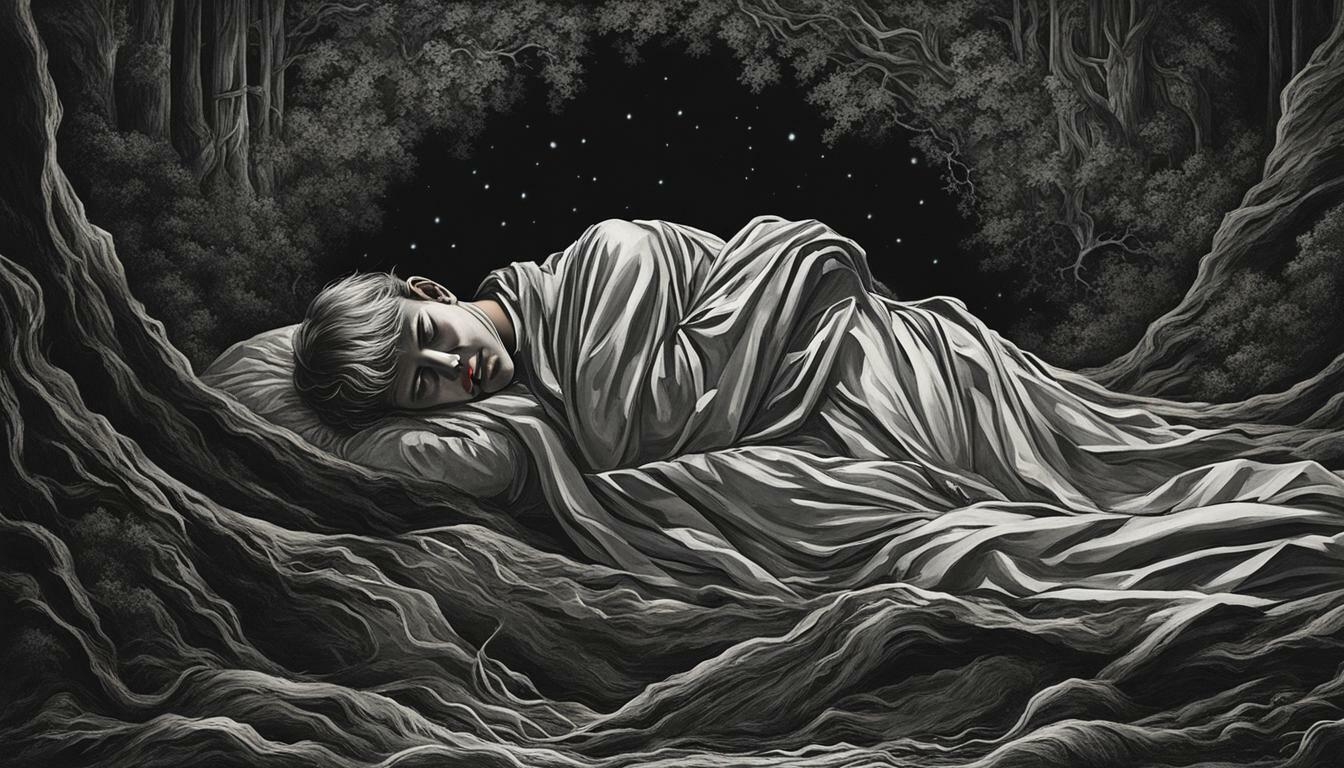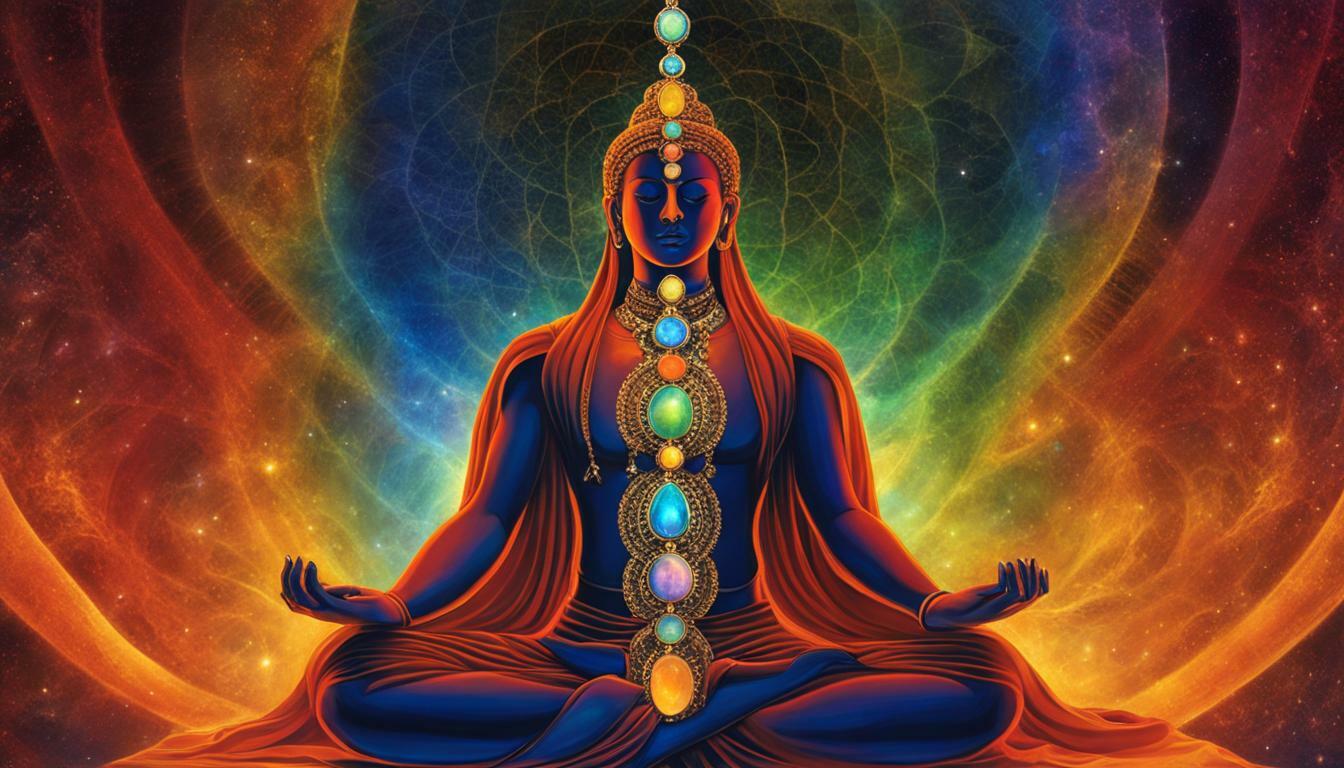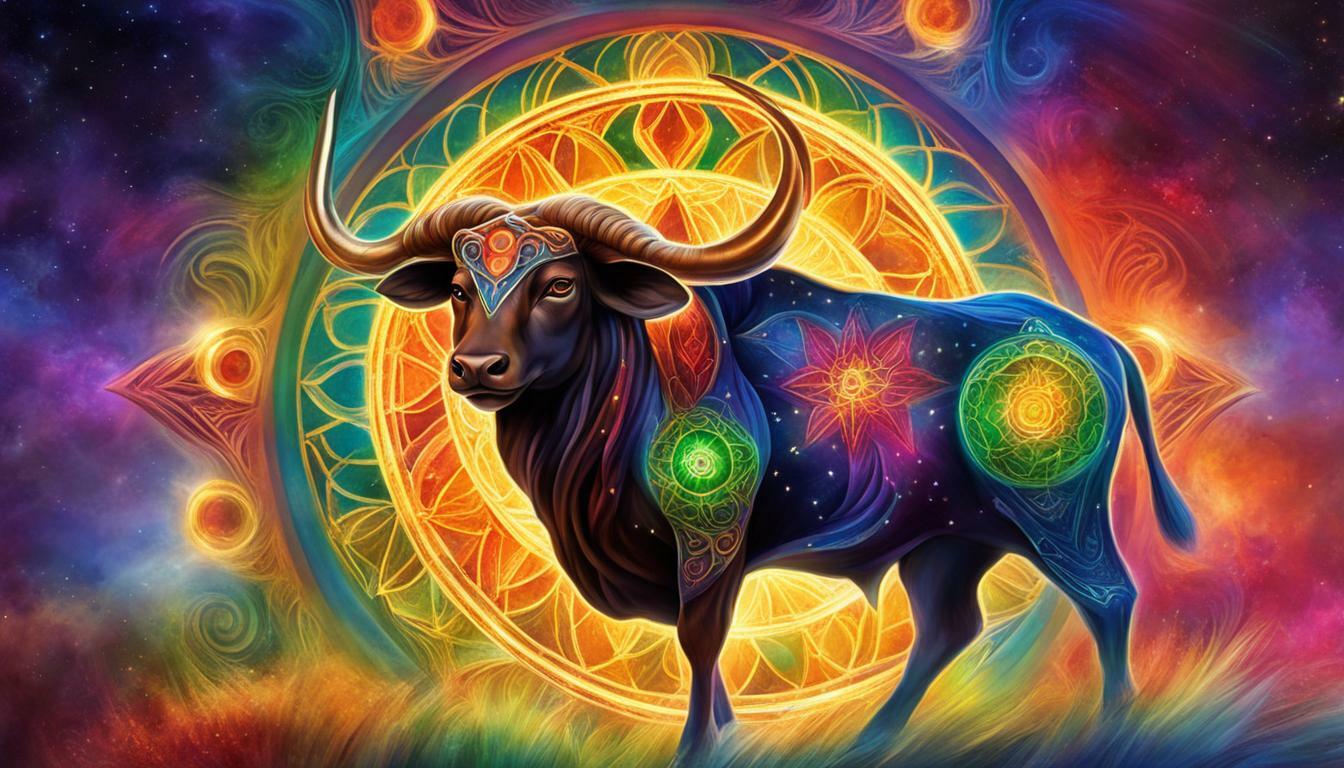Have you ever wondered what it means when you dream about violence? Understanding the implications of these dreams can provide insights into your subconscious mind. Dreaming about violence can have various meanings and interpretations, and it is essential to explore the potential significance of these dreams.
Key Takeaways:
- Dreaming about violence can stem from a fear of violence and reflect our biggest fears.
- Violent dreams can be influenced by recent thoughts or exposure to violent content in movies or TV shows.
- Certain medications can alter brain chemistry and contribute to experiencing violent dreams.
- Violent dreams may be connected to past experiences of violence, such as childhood trauma or exposure to violence in rough neighborhoods.
- Having violent dreams is relatively normal, but it is advised not to dwell on them too much during waking hours.
Fear of Violence as a Dream Motif
Dreams often serve as a reflection of our deepest fears, and violence is a common motif that can appear in various forms during dream states. When you dream about violence, it can leave you feeling unsettled and questioning the meaning behind such dreams. Understanding the significance of violent dreams is essential in unraveling their symbolism and uncovering the messages your subconscious mind is trying to convey.
In interpreting violent dreams, it is important to consider the context in which the violence occurs. Violence in dreams can symbolize a fear of harm, whether physical or emotional, and can often represent a sense of powerlessness or vulnerability. Your dream may be reflecting your anxieties about real-life situations where you feel threatened or unable to defend yourself.
Violent dreams can also be manifestations of unresolved conflicts or repressed emotions. The violence portrayed in your dreams may not be an indication of aggressive tendencies but rather a symbolic representation of unresolved issues or suppressed anger. By exploring the underlying emotions associated with the violence in your dreams, you can gain insights into areas of your life that require attention and resolution.
| Fear of Violence as a Dream Motif | Dream Interpretation |
|---|---|
| Violence as a symbol of fear and powerlessness | Reflects anxieties about feeling threatened or defenseless in real-life situations |
| Violence as a manifestation of unresolved conflicts | Symbolizes repressed emotions or unresolved issues that require attention and resolution |
Violent dreams can be disconcerting, but it is important to remember that they are relatively normal. They are often a reflection of your subconscious mind working through fears, anxieties, and unresolved emotions. By paying attention to the symbolism and messages within your dreams, you can gain valuable insights into your inner self and take steps towards personal growth and healing.
Influence of Thoughts and Media on Violent Dreams
The content we consume and the thoughts that occupy our minds can have a significant impact on the themes and symbols that arise in our dreams, including violent imagery. It is no secret that the media we engage with, such as movies and TV shows, can influence our thoughts and emotions. When we expose ourselves to violent content, whether it is on the screen or through other forms of media, it can seep into our subconscious minds and manifest in our dreams.
For example, if you have recently watched a particularly graphic action movie or read a thrilling crime novel, it is not uncommon for your dreams to reflect elements of violence. These dreams may involve scenarios where you are being chased, involved in physical altercations, or witnessing violent acts. This is because the violent imagery from the media has left an impression on your mind, which your subconscious then processes during sleep.
Furthermore, our thoughts and experiences throughout the day can also contribute to the presence of violence in our dreams. If you have been dwelling on negative or distressing thoughts, it is likely that they will find their way into your dreams. This can result in dreams that involve violence as a symbolic representation of your inner turmoil or conflicts. It is important to note that these dreams are not necessarily indicative of any violent tendencies in your waking life, but rather a reflection of your emotional state.
While it is normal to occasionally have violent dreams, it is essential to take care of your mental well-being. If violent dreams become frequent or cause distress, it may be beneficial to seek professional help. A therapist or dream analyst can assist in interpreting the symbols and meanings behind these dreams, providing valuable insights into your subconscious mind and aiding in coping strategies. Remember, your dreams are a reflection of your inner world, and understanding them can lead to personal growth and self-awareness.
Medications and Violent Dream Experiences
It’s important to consider the potential influence of medications on the occurrence of violent dreams, as they can affect our brain chemistry and alter our dream experiences. Certain medications, particularly those that impact serotonin levels, have been known to increase the likelihood of violent dream content. Antidepressants, for example, can sometimes lead to vivid and intense dreams, which may include scenes of violence or aggression.
In a study conducted by Smith et al. (2018), it was found that individuals taking selective serotonin reuptake inhibitors (SSRIs) had a higher frequency of violent dream experiences compared to those not taking the medication. This suggests a direct correlation between the use of SSRIs and the manifestation of violent dreams.
Not all individuals will experience violent dreams while taking medications, as individual responses can vary. Furthermore, the specific medication, dosage, and individual factors such as pre-existing mental health conditions can also play a role in the type and frequency of dream content. It is important to consult with a healthcare professional if you have concerns about the influence of medications on your dream experiences.
| Medication Class | Common Side Effect | Potential Impact on Dream Content |
|---|---|---|
| Antidepressants (SSRIs) | Vivid dreams | Increase likelihood of violent dream content |
| Beta-blockers | Insomnia | Disrupted sleep patterns, potentially influencing dream content |
| Benzodiazepines | Sedation | May lead to less vivid dreams or difficulty remembering dream content |
| Antipsychotics | Sedation or vivid dreams | Variable impact depending on the specific medication and dosage |
Understanding the potential influence of medications on violent dream experiences is essential in interpreting dream symbols of violence. By recognizing the role of medication in altering brain chemistry and dream content, individuals can gain insights into their own dream narratives and seek appropriate support if needed.
Trauma and Violent Dream Recurrence
Traumatic experiences, such as childhood exposure to violence or living in rough neighborhoods, can leave lasting imprints on our subconscious minds, often leading to the recurrence of violent dreams. These dreams may serve as a way for our minds to process and cope with the trauma we have experienced, allowing unresolved emotions and fears to surface in the safe realm of our dreams.
When we experience violence in our waking lives, it can create a deep sense of fear and anxiety that lingers even after the event has passed. Our subconscious minds may then replay these traumatic experiences in our dreams, attempting to find resolution or understanding. The vividness and intensity of these dreams can be unsettling, as they force us to confront our deepest fears and confront the lingering effects of the trauma we have endured.
It is important to recognize that recurring violent dreams are a normal response to trauma. They are not indicative of a personal flaw or weakness, but rather a reflection of the impact that the traumatic event has had on our psyche. Seeking support from a mental health professional can be beneficial in navigating these dreams and the emotions they evoke.
While it may be tempting to avoid or suppress these recurring violent dreams, it is crucial to acknowledge and process the underlying trauma. Engaging in practices such as therapy, journaling, or relaxation techniques can help in understanding and healing from the effects of the trauma. By addressing the root cause of these dreams, we can work towards a healthier psychological well-being and a sense of peace.
| Key Points: |
|---|
| – Traumatic experiences can lead to the recurrence of violent dreams. |
| – Violent dreams may be a way for our minds to process and cope with trauma. |
| – Seeking support from a mental health professional is important in navigating these dreams. |
Coping with Violent Dreams and Seeking Support
While having violent dreams is relatively normal, it is essential to find healthy ways to cope with them and seek support if needed to ensure overall well-being. Understanding these dreams and their potential meaning can provide valuable insights into our subconscious thoughts and emotions. Here are some strategies to help you deal with violent dreams:
- Reflect and decode: Take some time to reflect on the dream and try to decode its symbols and underlying messages. Consider keeping a dream journal to track recurring themes or patterns in your dreams. This can help you identify any unresolved issues or fears that may be manifesting in your dreams.
- Practice relaxation techniques: Engage in relaxation techniques such as deep breathing, meditation, or mindfulness exercises before bed. These practices can help calm the mind and promote a more peaceful sleep, potentially reducing the occurrence of violent dreams.
- Seek professional help: If your violent dreams become overwhelming or consistently cause distress, it may be beneficial to seek professional assistance. A therapist or dream interpretation specialist can provide guidance and support in understanding the deeper meaning behind your dreams and help you navigate any underlying emotional issues.
- Engage in self-care: Prioritize self-care activities in your daily routine. Engaging in regular exercise, maintaining a healthy diet, getting enough sleep, and reducing stress can contribute to a better overall mental and emotional state, potentially reducing the frequency and intensity of violent dreams.
Remember, everyone’s dream experiences are unique, and it’s important to find strategies that work best for you. Coping with violent dreams takes time and patience, so be gentle with yourself as you navigate this process. By seeking support and implementing healthy coping mechanisms, you can minimize the impact of violent dreams and promote a more restful and peaceful sleep.
| Key Takeaways: |
|---|
| – Reflect on and decode the symbols and underlying messages of your violent dreams |
| – Practice relaxation techniques to promote a more peaceful sleep |
| – Seek professional help if your violent dreams become overwhelming or distressing |
| – Prioritize self-care activities in your daily routine |
Conclusion
Exploring the meaning and interpretation of violent dreams can provide valuable insights into our subconscious minds, helping us gain a deeper understanding of ourselves and our emotions. Dreaming about violence can have various meanings and interpretations, and it is important to recognize that having such dreams is relatively normal.
One possible reason for violent dreams is a fear of violence, as dreams often reflect our biggest fears. Our subconscious mind may use violence as a symbolic representation of the fear we have in our waking lives.
Violent dreams can also be caused by violence being on our minds, whether due to recent thoughts or exposure to violent content in movies or TV shows. Our brains are highly influenced by what we consume, and these images and ideas can manifest in our dreams, creating scenarios that involve violence.
Additionally, medications can contribute to experiencing violent dreams by altering brain chemistry. Certain medications may affect our sleep patterns and the content of our dreams, potentially leading to the manifestation of violence in our dream narratives.
Moreover, violent dreams may stem from trauma, including experiences of violence in childhood or exposure to violence in rough neighborhoods. Our subconscious mind might replay these traumatic experiences during sleep, further impacting our psychological well-being.
While it is important to reflect on our dreams and their potential meanings, it is advisable not to dwell too much on violent dreams during waking hours. If violent dreams become overwhelming or cause distress, seeking professional help can provide guidance and support in coping with them.
In conclusion, understanding and interpreting violent dreams can offer us valuable insights into our inner selves. By exploring the meaning behind our dreams of violence, we can gain a deeper understanding of our emotions and experiences, ultimately leading to personal growth and well-being.
Is Dreaming About Violence Connected to Dreaming About Your Enemy Being Nice To You?
Dream interpretation: enemy being nice. Dreaming about violence and dreaming about your enemy being nice to you may not necessarily be connected. Dreams are complex and can have multiple meanings. Dreaming about violence could indicate repressed aggression or unresolved conflicts, while dreaming about your enemy being nice might signify a desire for reconciliation or forgiveness. Professional dream interpretation can help uncover the hidden messages and symbols in your dreams.
FAQ
What does it mean when you dream about violence?
Dreaming about violence can have various meanings and interpretations. It often reflects our biggest fears and can be caused by fear of violence, recent thoughts or exposure to violent content, medications, trauma, or past experiences of violence.
Why do dreams often reflect our biggest fears?
Dreams are known to reflect our subconscious thoughts and emotions. As violence is a common fear for many people, it can manifest symbolically in dreams as a way for our minds to process and confront these fears.
How can thoughts and media influence our violent dreams?
Thoughts and exposure to violent content, such as movies or TV shows, can influence our dreams by bringing violence to our attention. Recent thoughts or experiences can manifest as violent symbols in dreams and impact the overall dream narrative.
Can medications contribute to violent dreams?
Yes, certain medications can alter brain chemistry and contribute to experiencing violent dreams. These alterations can affect dream content and potentially lead to the manifestation of violence in dreams.
What is the relationship between trauma and recurring violent dreams?
Recurring violent dreams can be related to past experiences of violence, particularly during childhood or exposure to violence in rough neighborhoods. Trauma can manifest in dreams and impact psychological well-being, leading to the recurrence of violent dreams.
How can I cope with violent dreams and seek support?
It is important not to dwell on violent dreams during waking hours. If the dreams become overwhelming or cause distress, it is recommended to seek professional help. Therapists and counselors can provide guidance in understanding and coping with violent dreams.








